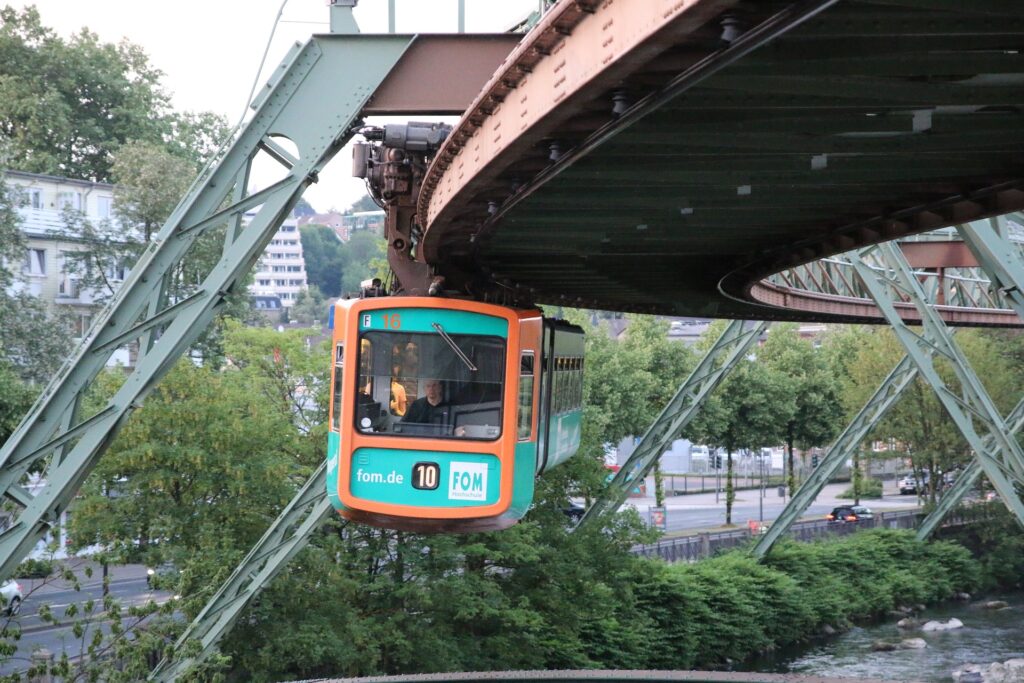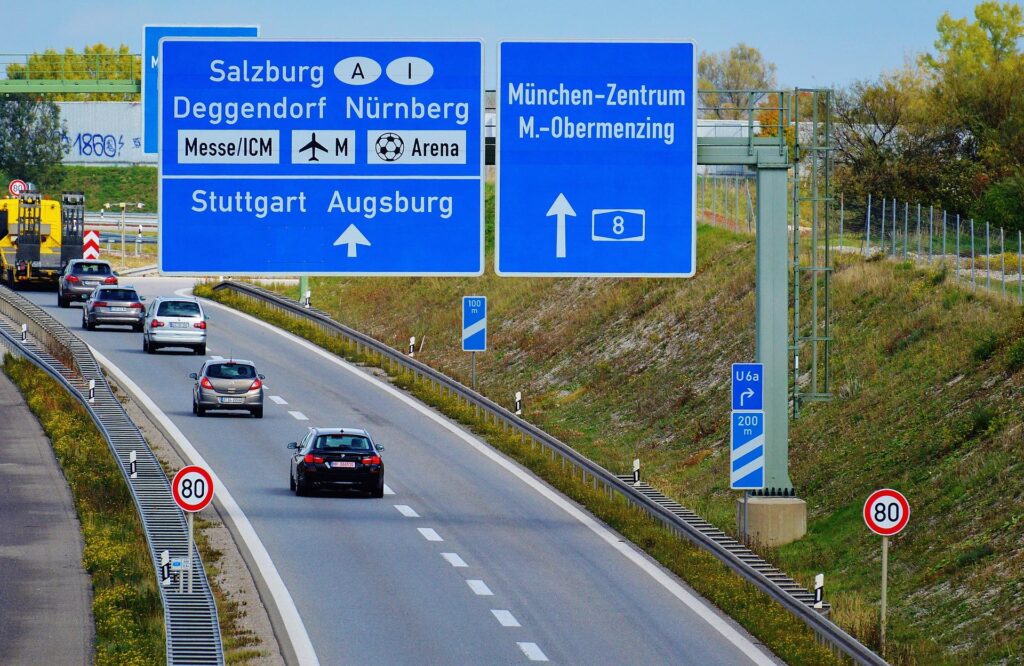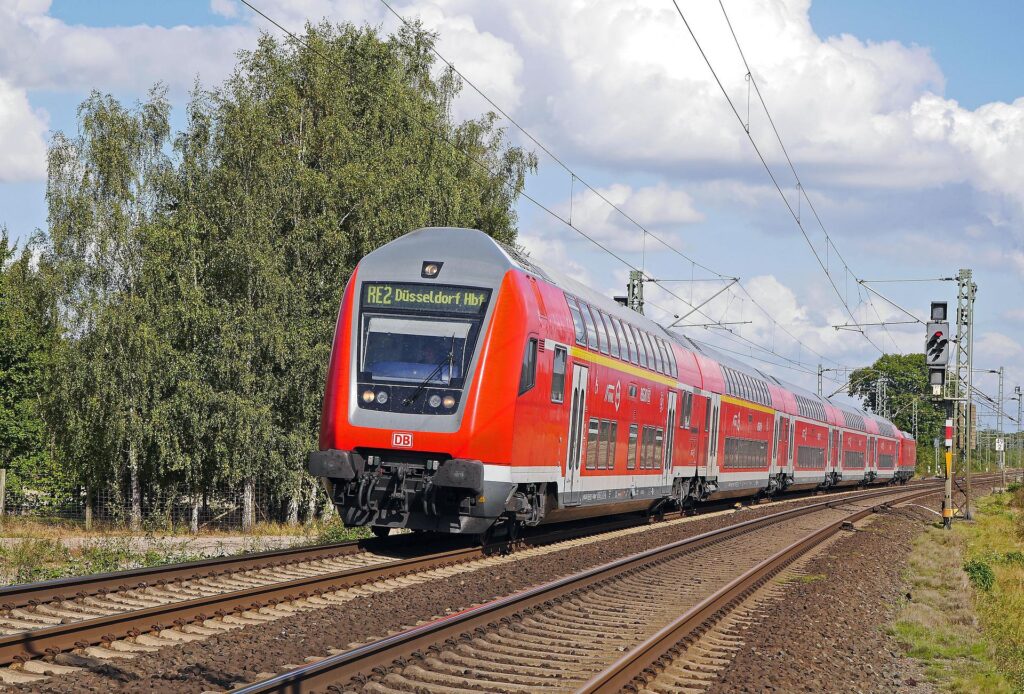Germany: Great success of the 9 euro per month single ticket for trains, streetcars and buses
In June, 21 million tickets were sold and road traffic in cities was significantly reduced.

In Germany, for 9 euros per month, it is possible to travel throughout the country on local and regional transport trains, including regular buses, streetcars, suburban and regional trains (2nd class), regional express trains, and individual ferries of the HVV in Hamburg and the BVG in Berlin for a full month during the summer months of June, July, and August 2022. This is regardless of the transport service provider, transport association, or fare listed on the ticket. A €9 ticket purchased in Munich, for example, can also be used for travel in and around Frankfurt.
The ticket is not valid on long-distance trains (such as IC, EC or ICE) or long-distance buses. However, if your regional train is more than 20 minutes late to the arrival point, you can take a long-distance train if you purchase a long-distance ticket in advance. Once your trip is over, the Passenger Rights Service Center (Servicecenter Fahrgastrechte) will refund your long-distance ticket upon request.
Export boom for Swiss rail vehicles
First hydrogen-powered train for Bavaria
Validity abroad
Some cities near the border can be reached with the 9-euro ticket such as, Salzburg and Kufstein in Austria, Basel and Schaffhausen in Switzerland, or Świnoujście in Poland.

Relief on roads during rush hours
The nine-euro ticket appears to bring relief on the roads during rush hours. An analysis conducted by traffic data specialist Tomtom for Deutsche Presse-Agentur shows a decrease in congestion levels in 23 of the 26 cities surveyed compared to the period before the system was introduced. The data “suggest that this decrease is related to the introduction of the nine-euro ticket,” said Ralf-Peter Schäfer, Tomtom’s traffic expert. “Commuters lost less time driving to work and home in almost all cities surveyed in June compared to May.”
Specifically, the experts compared the levels of traffic congestion during weekday peak hours in Weeks 20 and 25. The periods were chosen to avoid the effects of holidays and public holidays. The result is clear: “In the first days after the introduction of the nine-euro ticket, Tomtom’s data still showed no effect of the measure on car traffic. In the meantime, however, a positive effect on traffic flow can be observed in almost all German cities surveyed,” Schäfer said.
“The decrease in time loss varies from city to city,” the expert explained. The improvement in congestion levels was particularly marked in Hamburg and Wiesbaden. Congestion levels fell by 14 and 13 points, respectively. This means that motorists traveling a route that would take 30 minutes without traffic lost an average of 4.2 minutes less in Hamburg and 3.9 minutes in Wiesbaden. Tomtom observed only slight deteriorations in Kiel and Nuremberg. In Karlsruhe, the level of congestion remained unchanged.
On the way to climate-neutral road traffic

21 million tickets sold
According to the Association of German Transport Companies (VDV), some 21 million special tickets were sold nationwide in June, the first month of the nine-euro ticket. “Together with the approximately ten million subscribers who automatically receive the discounted ticket, the figure of 30 million tickets per month previously calculated by the industry has not only been reached but also slightly exceeded,” announced VDV President Ingo Wortmann. The figures refer exclusively to the month of June 2022.





